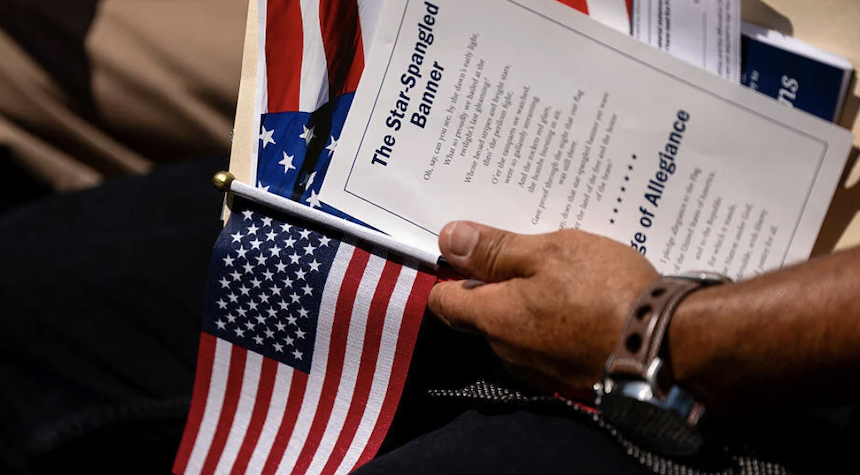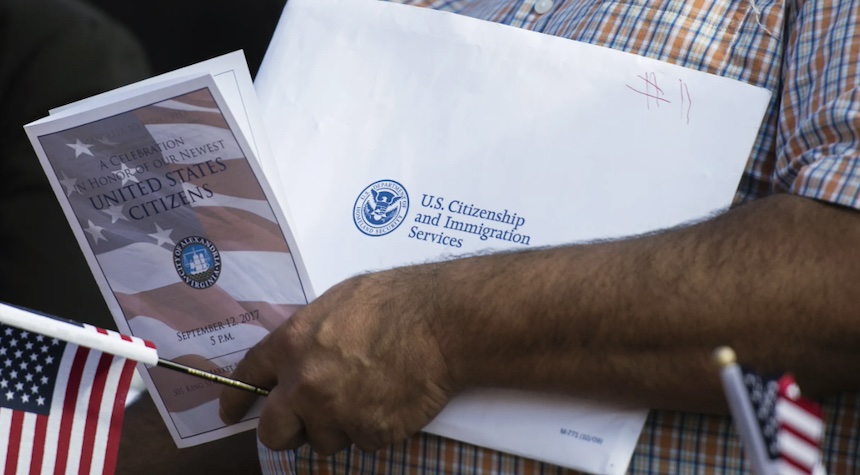U.S. Citizenship and Immigration Services (USCIS) has announced that it will resume neighborhood checks for certain immigrants applying for citizenship. This move, first reported by Politico, is part of a broader shift in immigration policy under the Trump administration, which seeks to augment the requirements in the legal immigration process.
The reinstatement of neighborhood checks brings to a close a waiver of over three decades to such personal investigations, a practice that started dwindling in the 1990s. Instead, U.S. officials have largely delegated the task of conducting background checks to the Federal Bureau of Investigation (FBI).
Also Read: ICE Arrests Brother of Driver Who Killed Three in Florida Crash
These changes coincide with other policy shifts since President Donald Trump took office. These include reducing the duration foreign nationals can stay in the United States, to limit visa overstays, and ensure appropriate scrutiny of migrants, as Politico reports.

USCIS Director Joseph Edlow stated, “Incorporating neighborhood investigations will help enhance these statutorily required investigations to ensure that we are meeting congressional intent.” Further, he indicated that “Americans should be comforted knowing that USCIS is taking seriously its responsibility to ensure aliens are being properly vetted and are of good moral character, attached to the principles of the Constitution of the United States, and well-disposed to the good order and happiness of the United States.”
USCIS also plans to potentially require U.S. citizenship applicants to submit letters of recommendation from “neighbors, employers, co-workers, and business associates who know the alien and can provide substantiated information about the alien, including any of the requirements for naturalization.”
To conclude, these changes will result in more rigorous vetting of potential citizens, but it shouldn’t be simple to become a U.S. citizen, or everybody would be one, and we would have the same issue with the crime epidemic that we are currently seeing and have been seeing since Biden opened the borders.

